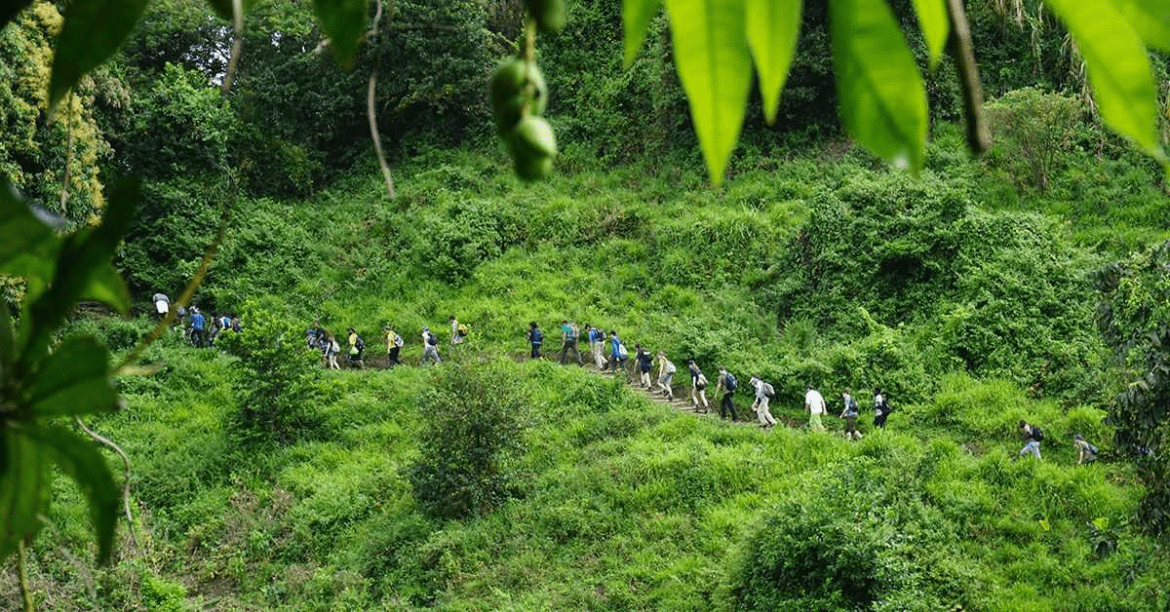AI Generated Summary
- These initiatives complement existing projects in the foothills of the Shivalik mountain range—such as those at Chohal, Thana dam in Hoshiarpur, Dhar in Pathankot, and Siswan in Mohali—which have already seen a positive response from eco-conscious tourists.
- In response to the high court’s directive on January 13 from the Punjab and Haryana High Court—urging the state to reconsider the withdrawn permissions—the state government has reconfigured the approval process.
- One of these initiatives involves developing an ecotourism hub on Kulara Island near the Ranjit Sagar reservoir in Pathankot, with additional plans in place for areas near Talwara and Maili dam in Hoshiarpur.
In a significant policy shift aimed at bolstering green travel initiatives, authorities in Punjab now require prospective ecotourism developers to obtain permission through the Punjab Heritage Tourism Promotion Board’s Ecotourism Development Committee (EDC). The move comes after a series of controversial cancellations of previous ecotourism projects forced the state to re-examine its approval protocols.
The cancellation, enacted by the Forest Department, had sparked debate when several ecotourism initiatives were halted on the grounds that they were authorized improperly. Critics pointed to former Chief Conservator of Forests Harsh Kumar’s role, with his office asserting that the permissions were issued without legal backing. However, Kumar defended the decisions, stating that all clearances had been based on officially approved management plans and meticulous scientific mapping of forest areas.
In response to the high court’s directive on January 13 from the Punjab and Haryana High Court—urging the state to reconsider the withdrawn permissions—the state government has reconfigured the approval process. The new system mandates that all green travel projects must now secure clearance via the EDC, a specialized sub-committee under the Executive Committee of the Punjab Heritage Tourism Promotion Board. This committee ensures that proposals align with environmental standards and regulatory guidelines, particularly those pertaining to forest management.
Officials indicate that the revised approval framework will require detailed identification of potential project sites located both within and adjacent to forested areas. This site-specific scrutiny will take into account forest management plans, including the carrying capacities of the respective locations. Final approvals are also subject to oversight from central authorities, ensuring consistency with broader environmental policies.
The regulatory environment in Punjab has undergone notable amendments since the 2023 revision of the Forest Conservation Act, 1980, which now permits ecotourism activities in areas that have approved management plans. “We are now working closely with the EDC, which is headed by the Financial Commissioner, Forests, to ensure that every project is scrutinized and approved according to established guidelines,” said RK Mishra, Principal Chief Conservator of Forests.
In addition to revamping the approval process, the Punjab Forest Department is actively pursuing plans to expand its portfolio of ecotourism destinations. The department has unveiled proposals for three new projects across Pathankot and Hoshiarpur, aimed at highlighting previously unexplored natural sites. One of these initiatives involves developing an ecotourism hub on Kulara Island near the Ranjit Sagar reservoir in Pathankot, with additional plans in place for areas near Talwara and Maili dam in Hoshiarpur.
The proposed developments promise a range of eco-friendly amenities, including all-weather camping huts, water sports facilities, nature trails, bird-watching platforms, jeep safaris, and dedicated nature interpretation centres. These initiatives complement existing projects in the foothills of the Shivalik mountain range—such as those at Chohal, Thana dam in Hoshiarpur, Dhar in Pathankot, and Siswan in Mohali—which have already seen a positive response from eco-conscious tourists.
By tightening regulatory controls and harnessing the potential of ecologically sustainable tourism, Punjab is positioning itself as a leader in responsible tourism. The new approval mechanism is seen as a critical step toward ensuring that tourism development not only boosts local economies but also safeguards the natural heritage of the region for future generations.




